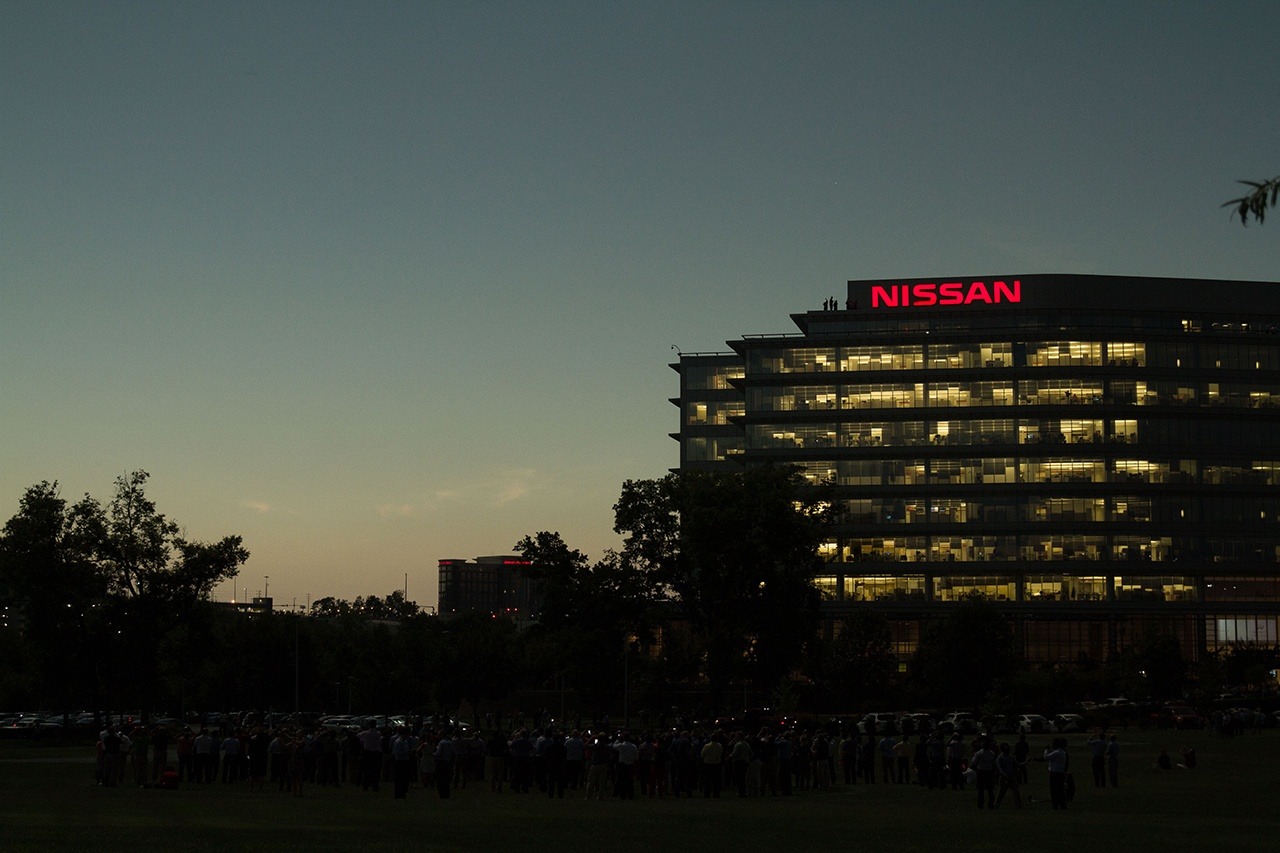Search the Community
Showing results for tags 'tense'.
-
Since the arrest of former Nissan Chairman Carlos Ghosn last month, a fair amount of dirty laundry has come to light showing the turmoil and tension between various executives and the relationship between Nissan and its alliance partner, Renault. The arrest has also brought questions as to whether Ghosn 'jumped' or 'was pushed'. A new report from The Wall Street Journal is adding fuel to the latter. The paper obtained a transcript from a town hall meeting at Nissan's headquarters in Yokohama, Japan - days after Ghosn's arrest. Nissan CEO Hiroto Saikawa revealed that he disagreed with Ghosn's move to increase market share in the U.S., at the cost of investments for the Japanese market. “The investment in the Japanese market was very weak because there was too much power concentrated in one individual who decided that the Japanese market was less important, and we spent too much money on the U.S.,” said Saikawa. “He felt that there was no point investing in Japan where the population was stagnating.” Ghosn set a goal of achieving a 10 percent market share in the U.S. by 2017. Nissan came very close to hitting goal, reaching 9.2 percent last year. For Nissan to reach this goal, they piled on the incentives and made a push with sales to rental car companies - the latter according to industry analysts isn't as profitable, despite the higher volume. Nissan also put a lot of pressure on its dealers to move products. José Muñoz, who was Nissan's chairman in the U.S. from 2014 to this past January introduced a campaign under the slogan “Grow or Go.” Basically, if a dealer wasn't prepared to grow fast to meet the targets, Muñoz urged dealers to sell their franchise. “If a dealer didn’t perform they’d threaten a dealer with termination notice,” said Alan Haig, president of Haig Partners, a brokerage firm that deals with the sales of car dealers. The report doesn't say how much investment was moved from Japan to the U.S. But reading between the lines and noting the relationship between the two became quite tense, we're assuming it was a large amount. Source: Wall Street Journal (Subscription Required) View full article
- 5 replies
-
- investment
- japan
-
(and 3 more)
Tagged with:
-
Since the arrest of former Nissan Chairman Carlos Ghosn last month, a fair amount of dirty laundry has come to light showing the turmoil and tension between various executives and the relationship between Nissan and its alliance partner, Renault. The arrest has also brought questions as to whether Ghosn 'jumped' or 'was pushed'. A new report from The Wall Street Journal is adding fuel to the latter. The paper obtained a transcript from a town hall meeting at Nissan's headquarters in Yokohama, Japan - days after Ghosn's arrest. Nissan CEO Hiroto Saikawa revealed that he disagreed with Ghosn's move to increase market share in the U.S., at the cost of investments for the Japanese market. “The investment in the Japanese market was very weak because there was too much power concentrated in one individual who decided that the Japanese market was less important, and we spent too much money on the U.S.,” said Saikawa. “He felt that there was no point investing in Japan where the population was stagnating.” Ghosn set a goal of achieving a 10 percent market share in the U.S. by 2017. Nissan came very close to hitting goal, reaching 9.2 percent last year. For Nissan to reach this goal, they piled on the incentives and made a push with sales to rental car companies - the latter according to industry analysts isn't as profitable, despite the higher volume. Nissan also put a lot of pressure on its dealers to move products. José Muñoz, who was Nissan's chairman in the U.S. from 2014 to this past January introduced a campaign under the slogan “Grow or Go.” Basically, if a dealer wasn't prepared to grow fast to meet the targets, Muñoz urged dealers to sell their franchise. “If a dealer didn’t perform they’d threaten a dealer with termination notice,” said Alan Haig, president of Haig Partners, a brokerage firm that deals with the sales of car dealers. The report doesn't say how much investment was moved from Japan to the U.S. But reading between the lines and noting the relationship between the two became quite tense, we're assuming it was a large amount. Source: Wall Street Journal (Subscription Required)
- 5 comments
-
- investment
- japan
-
(and 3 more)
Tagged with:


